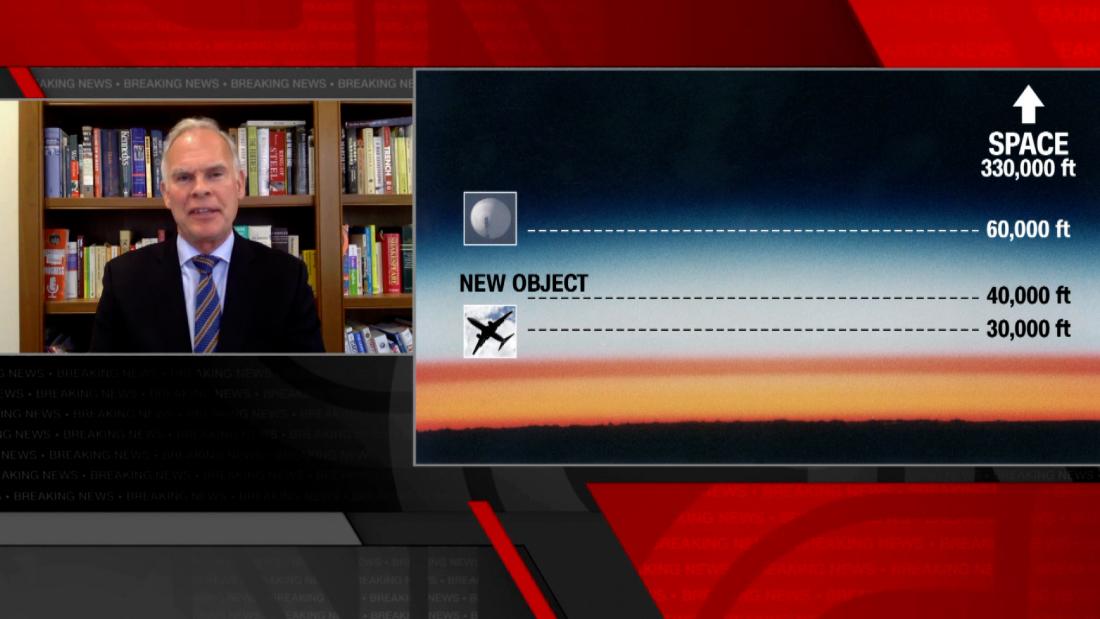Ohio Supreme Court To Hear Challenge To DRC Authority To Lengthen Sentences Based On Prison Conduct
An Ohio criminal justice reform bill is heading to the state Supreme Court over its constitutionality next week after two men filed challenges against the state’s discretionary authority to lengthen their prison sentences.

An Ohio criminal justice reform bill, the Reagan Tokes Act, is heading to the Ohio Supreme Court over its constitutionality next week after two men filed challenges against the state’s discretionary authority to lengthen their prison sentences.
The Office of Public Information of the Supreme Court of Ohio announced the schedule for the challenge and provided historical background on the cases involved on Wednesday.
The Reagan Tokes Act was introduced in 2017 after the murder, rape and abduction of 21-year-old Reagan Tokes by a man who was out on parole at the time.
“As a bright, young, intelligent, hardworking student, [Tokes] was taken from this earth much too early,” State Representative Jim Hughes said when the legislation was introduced.
“Through various updates to Ohio’s criminal justice system, it is our goal that the Reagan Tokes Act will prevent something like this from happening again in the future.”
Key to the act is the authority it gives to Ohio’s Department of Rehabilitation and Corrections (DRC) to lengthen sentence time.
Under the Tokes Act, the state can contest the release date for certain offenders by proving one of three criteria, including discretionary determinations that the offender hasn’t been rehabilitated, is still a threat to society or that they violated prison rules. These criteria can result in a prison date longer than the minimum sentence for the defender.
Christopher Hacker and Danan Simmons Jr. have both appealed their cases on the grounds that Tokes Act determinations to lengthen their sentences — for burglary and drug trafficking and possession, respectively – are unconstitutional.
The trial court that originally sentenced Simmons agreed that the Tokes Act’s requirements are unconstitutional and set only a minimum sentence, but their determination was overturned in the Eighth District Court of Appeals.
Now, both cases are before the Ohio Supreme Court, and attorneys for the incarcerated men are arguing that the law infringes on the separation of powers enshrined in the constitution and does not ensure “procedural protections,” giving them a voice to defend themselves or even be present at a hearing or hire an attorney, as part of the process to extend a sentence.
The Ohio Supreme Court will hear oral arguments in State v. Hacker and State v. Simmons on Wednesday, Jan. 11. They will be streamed live on the Ohio Channel website.

 Landwebs
Landwebs 




















